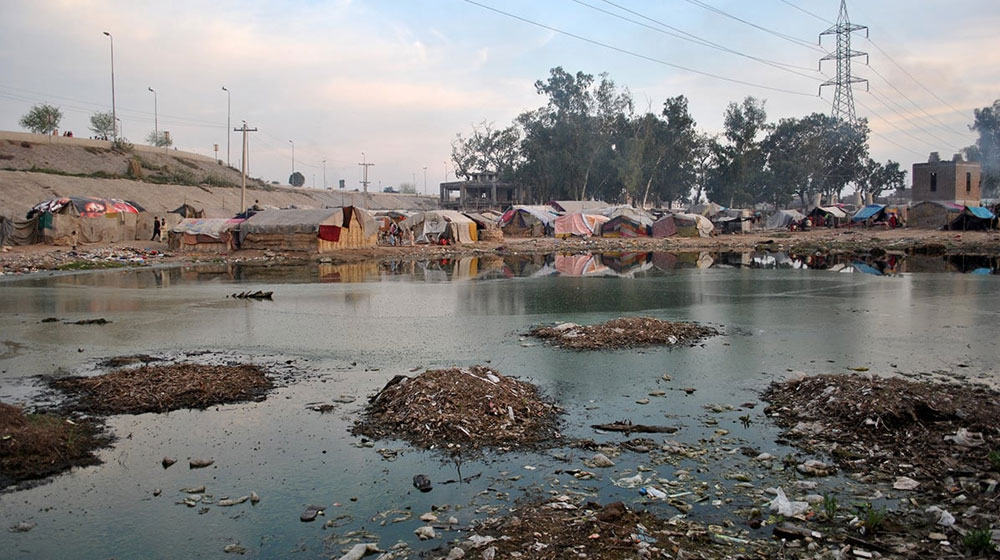
A recent study by the University of York has found Punjab’s River Ravi to be one of the most polluted rivers in the world, with the medicines and active pharmaceutical ingredients that are thrown into it posing a ‘threat to the environment and human health.’
It revealed the presence of paracetamol, nicotine, caffeine, epilepsy, and diabetes drugs in the river.
The researchers ranked rivers in Pakistan, Bolivia, and Ethiopia as the most polluted, while the best-ranked rivers were found in Iceland, Norway, and the Amazon rainforest.
The research is among the most extensive ones undertaken on a global scale, and sampled water from over 1,000 test sites in more than 100 countries. Overall, more than a quarter of the 258 sampled rivers had “active pharmaceutical ingredients” present at a level deemed unsafe for aquatic organisms, as well as for human health. The two most frequently detected pharmaceuticals were carbamazepine, which is used to treat epilepsy and nerve pain, and the diabetes drug metformin.
The head of the research, Dr. John Wilkinson, BBC
“Typically, what happens is, [when] we take these chemicals, they have some desired effects on us and then they leave our bodies”.
“What we know now is that even the most modern efficient wastewater treatment plants aren’t completely capable of degrading these compounds before they end up in rivers or lakes,” he added.
Expressing concerns regarding the findings of the study, Pakistani environmentalist Afia Salam likened Ravi to a sewer with human and industrial wastes. She also warned that the incumbent government is planning to build a city on the river basin (the Ravi Riverfront Urban Development Project), which will increase the pollution of the river.
“Besides, India is also creating problems for the Ravi by diverting the Hudiyara drain towards River Ravi,” she told Dawn News.
Furthermore, the Asian Development Bank’s report on the River Ravi Revitalization Plan revealed that the river and its streams are a “serious threat to the health” of its basin’s residents. It read: “Widespread contamination means water-borne and water-washed (skin) diseases are common across all age groups. If nothing is done, [the] spread of disease will most likely get worse”.
Rapid urbanization, high industrialization, and untreated wastewater have caused large amounts of wastewater and toxic effluents to flow directly from cities like Lahore, Faisalabad, and Sheikhupura and into Ravi, as per the report.
“We have laws about dumping wastewater and industrial wastage but no law is being implemented in the country,” Salam remarked and stressed that if the government implements them, it will improve the in-ground and river water.
